Akshaya Ganesh reviews Revathi’s soul-stirring memoir Vellai Mozhi (Adaiyaalam, 2021) a raw and honest portrayal of sexual minorities in India.
I sometimes wonder what it feels like to grow up in a society where you are acquainted with the generosity of people trying to fix you and force you into a shape they can understand. I did not know how exhausting it is to live in a world that traps you in binary boxes and lets you suffocate for comfort.
As we are celebrating Pride month, supporting and fighting for the rights of the LGBTQ+ community- to understand how it feels, to love the familiar human with unfamiliar emotions and feelings. To explore and embrace what that means can be a silent war, but it can always splash a rainbow of hope on the blank canvas.
We encourage you to buy books from a local bookstore. If that is not possible, please use the links on the page and support us. Thank you.
Vellai Mozhi is one such book about a silent war fought by Revathi. After the turmoils of coming out, she has found her tribe, feeling proud, loud, and accepted. But many out there still fight for their rights for too long and too hard and are victimized now and then. To all those fighters, I take this opportunity to say that you are all loved, accepted, and respected as you are.
The unsparing confessions of Revathi
Vellai Mozhi is an autobiography of Revathi. The book takes us into Revathi’s often traumatic and terror-filled life. Revathi was born as Doraisamy in an upper caste Gounder family in a small village near Namakal town, Salem district, Tamil Nadu, in 1970.
Born a male, Revathi discovered in the early days of his childhood that he was different from other boys in his village. Doraisamy preferred playing with girls; he wanted to wear his sister’s clothes and dress like her. As the years passed by, instead of his ‘feminine’ ways falling aside, as his parents had hoped, he increasingly began to feel that he was actually a girl, although trapped, for no fault of his own, within a male body.
And the more ‘feminine’ he looked and acted, the more his classmates at school and his family at home teased him until he finally met a group of young guys in a town close to his village. For the first time, he realized he was not the only boy who felt and behaved like a lady. He learned from these guys that a boy might genuinely turn into a woman, or more specifically, a hijra—a eunuch. This marked the genesis of Revathi and the many turmoils she faced.
The Anatomy of Shame and its Roots
No feeling is constant in Vellai Mozhi except for the neverending shame Revathi and her friends are subjected to. Vellai Mozhi is the third book I read in Tamil, and I must say that it was brilliant. Vellai Mozhi’s language is pretty simple and clear, unlike the other two Tamil books I’ve read.
While there were some unfamiliar terminologies here and there, that doesn’t make you put the book down. I’m glad I read the book in my mother tongue, as the emotions were raw. The words, though simple, were powerful enough to prick your heart.
There are instances where Revathi pens down her pain in a simple yet straightforward manner that will leave a deep scar on your heart. For example, when she says how people’s judgemental look hurts them more than their surgery wounds;
“எனக்கு ஆபரேஷன் செய்த வலியை விட பொதுமக்கள் எங்களைப் பார்க்கும் விதம் பெருவலியாக இருந்தது.”
It is a grim, draining, and heart-wrenching story. There are so many messages and metaphors on each page that are expressed so beautifully. The book is a difficult read. It is an honest autobiography where Revathi has boldly opened up about even the private aspects of her life with much frankness and fearlessness.
At the end of the book, you will feel sad and disturbed. Your heart will ache with the words crushing you into pieces. I must accept that I cried in most parts and was left heartbroken in certain paragraphs. It was a raw and honest portrayal of sexual minorities in India.
It, in fact, makes my heart heavy to know the pain and deep shame one has to endure in the journey of coming out and gaining recognition. The life they are forced to lead because of how our society functions is just pathetic.
Vellai Mozhi, also translated into English as The Truth About Me (Penguin Random House), will haunt you forever. It might be a short read, but those pages have much to uncover. An absolute eye-opening read that tells you we need to be more open, warm, and welcoming towards each other irrespective of one’s sexual orientation. I am glad I picked up the book.
More power to Revathi and all other fighters who have fought and are fighting to get recognition for who they are.
Have you read this soul-stirring memoir of Revathi? What do you think of it? Drop a comment below and let us know!
As part of our effort to compensate our writers better, we at Purple Pencil Project have launched the #PayTheWriter initiative, where readers can directly show support and appreciation for our wonderful team.
Scan or upload this image on your UPI app, and show them the love 😀














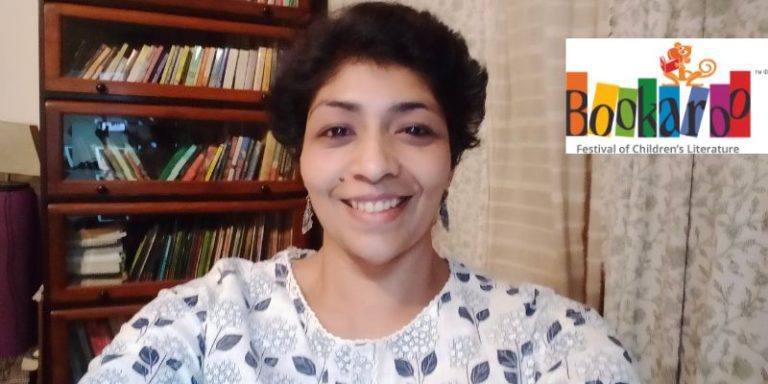
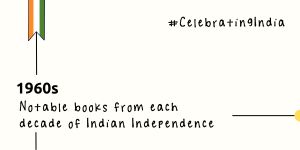
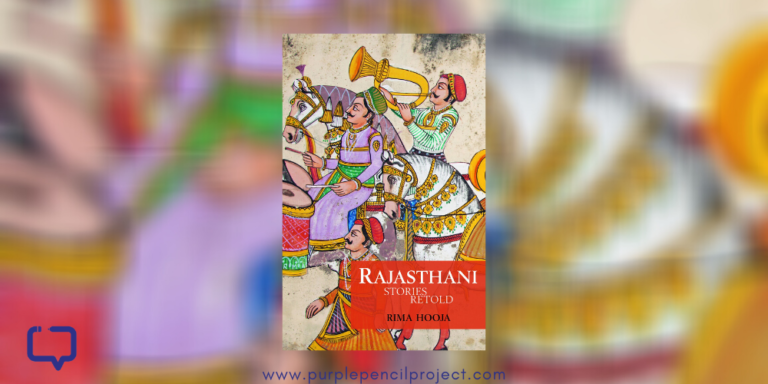
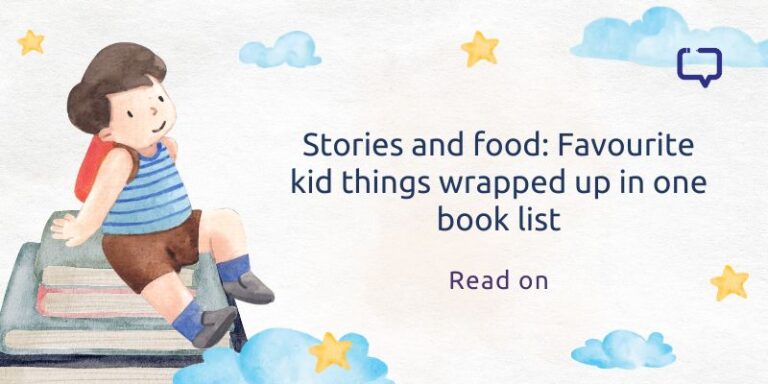
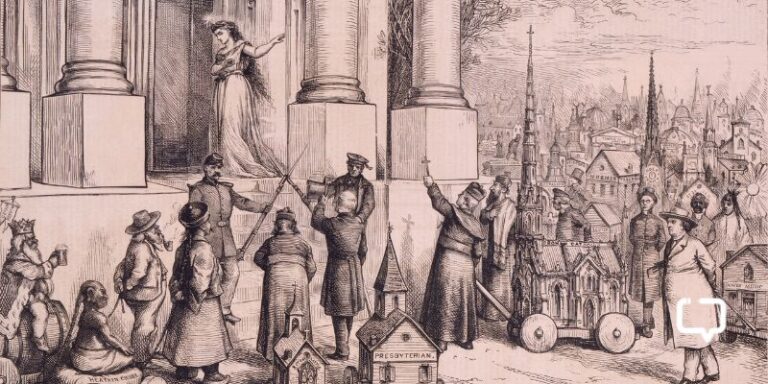




3 Responses
Nice report for the and kindles a person to read the book
Thanks a lot Bhavani, that is really the best thing we could hear about a review 🙂 Hope you get a chance to read it
Beautiful review of the which makes one read